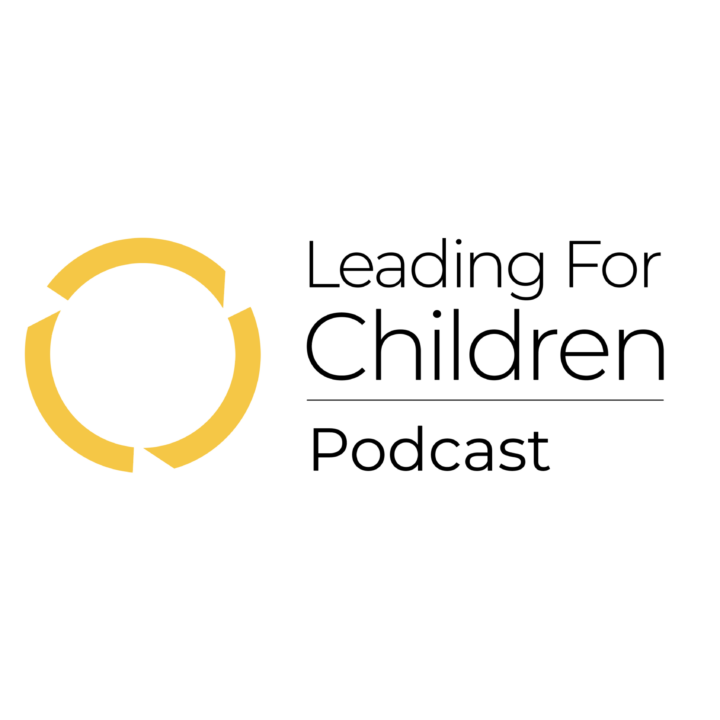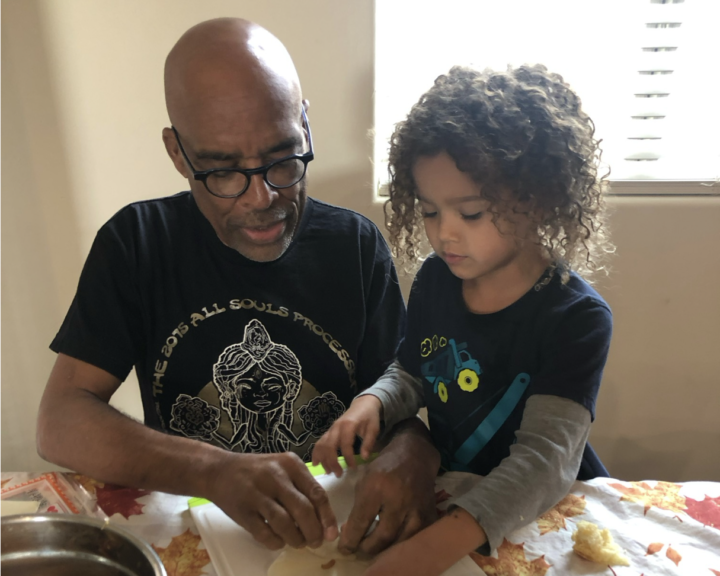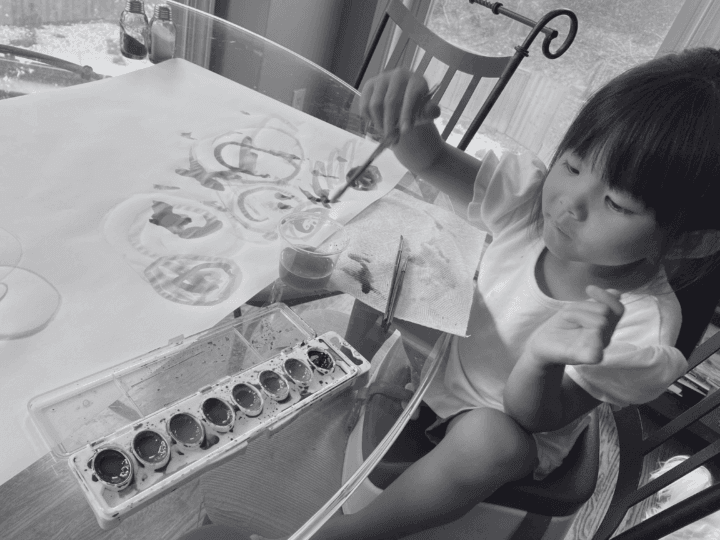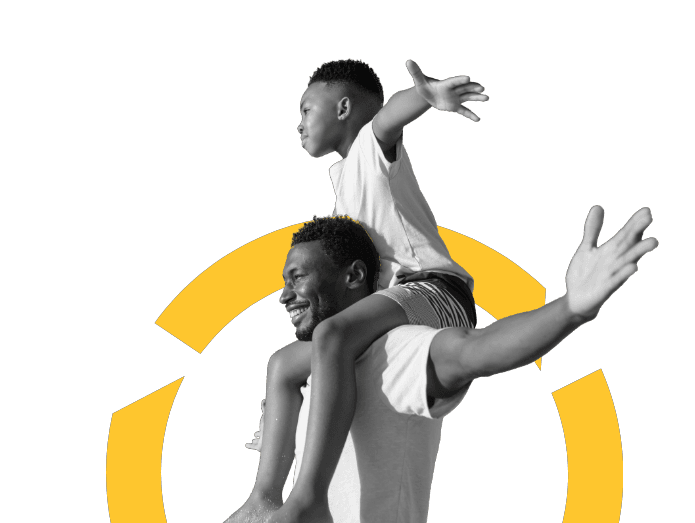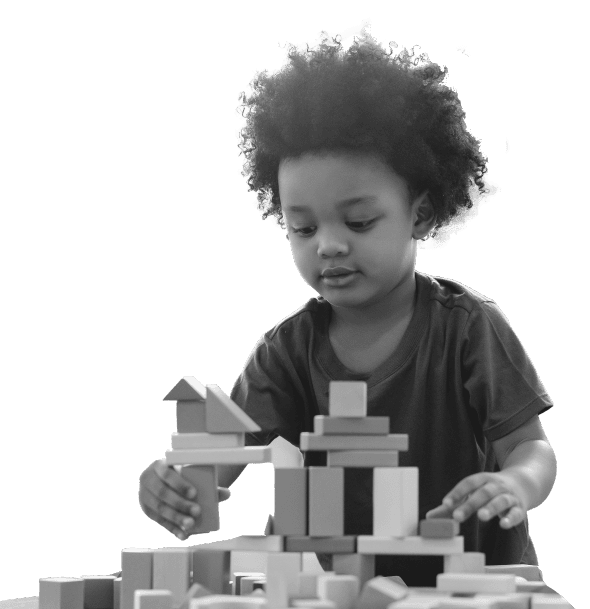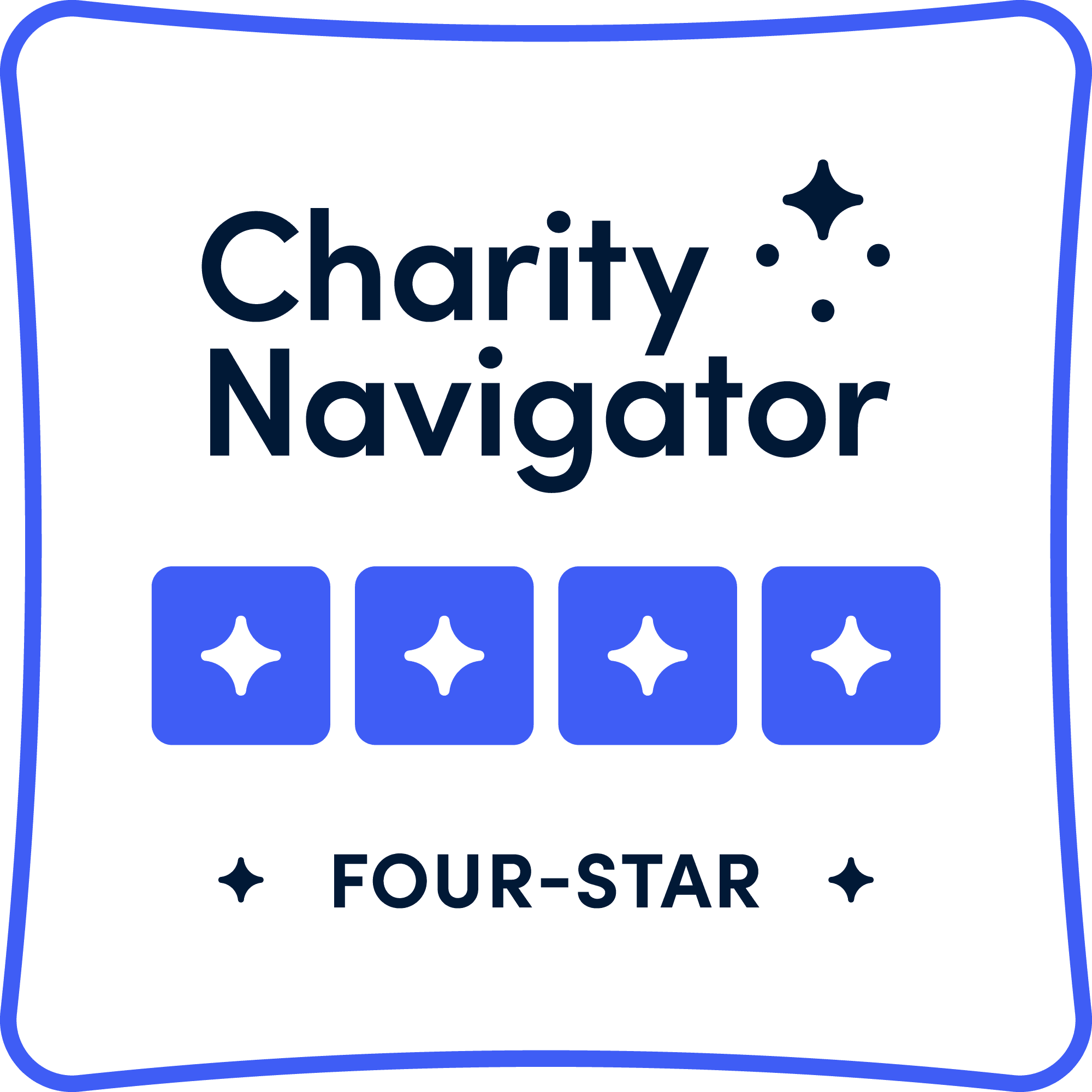By Judy Jablon and Nichole Parks
Building Adults’ Self-Empowerment in Early Learning
At Leading for Children, we’re deepening our understanding of self-empowerment among adults in the child’s ecosystem. We see self-empowerment as synonymous with individual agency: a person’s belief that they can be a decision-maker and that their decisions can have an impact. Yet we hear from adults at all levels of the early learning ecosystem that they do not feel that they have an impact. They feel that they’re simply following orders, with few opportunities to act on the difference they want to make for children.
What would happen if all adults in children’s lives had opportunities to develop their sense of agency? Through our Learning Networks, we’re creating spaces where this can happen. Learning Networks bring together adults in children’s lives for facilitated conversations that encourage them to reflect on their individual practices and engage in equitable partnerships. This leads toward collective creation of thriving communities for children and adults alike.
In a recent conversation with our Learning Network in Arizona, a member shared:
“I tend to be perfectionistic, sometimes in an unhealthy way. I feel that I have to get everything right for children. I’m trying to remind myself that I’m purposeful and intentional, and I try my best to do what’s right. Even when I make mistakes, I can learn from them and still have a positive impact.”
This shift in perception — from awareness to intention — points to the beginnings of self-empowerment.
We don’t believe that it is the Learning Networks that gives power to people. Instead, the Learning Network is a space that eliminates barriers to exercising our sense of agency and our ability to connect in equitable relationships. Self-empowerment develops as we make a practice of owning our power and staying true to our motivation. Among our Learning Network members, we’re seeing change in three main areas:
1. Adults build their self-awareness and recognize their strengths. A childcare center owner and director, who is a member of our Learning Network in northern California, shared: “I’m more aware of myself, my surroundings, how I present myself, how I talk with others. It was a huge benefit for me personally, with my family, my extended family, but of course also with the families I take care of children for.” By reflecting on the qualities that she brings to her those around her, she began thinking about how she could channel these qualities into all her interactions to make sure that everyone feels safe and supported.
2. Adults identify their intentions and take steps towards acting on them. A teacher from our Learning Network in southern California noticed how most interactions with her colleagues focused on discussing work. She took steps to nurture deeper relationships: “I’m talking more openly with my direct supervisor; we’re having more conversations now. Before, I felt like we didn’t really know each other, but now I feel like I’m able to share things with her, like what’s going on in my personal life.” By identifying her intention and then acting upon it, she began to feel more comfortable and confident in her early learning community.
3. Adults recognize their impact on others and on their early learning environments. An agency leader in rural Mississippi shared how the Learning Network provided opportunities to share perspectives across diverse roles. She saw the wisdom already present in her community and began looking for new ways to elevate their voices: “In a lot of small communities, people are told they have power, but aren’t given the room to exhibit their power. We can create our own power within the community and not allow other people to create power for us.”
With each gain in self-empowerment, we’re building a more equitable early learning ecosystem. As we see it, self-empowerment of all adults in children’s lives is critical for building equity, not only by elevating wisdom that might have gone otherwise unexpressed, but also in providing children with models of agency and impact.
We’re excited to continue our learning about self-empowerment, and we also want to hear from you! What does self-empowerment mean to you? How have you noticed others showing up with self-empowerment in your communities?
Share your thoughts in the comments or write to us at info@leadingforchildren.org.

